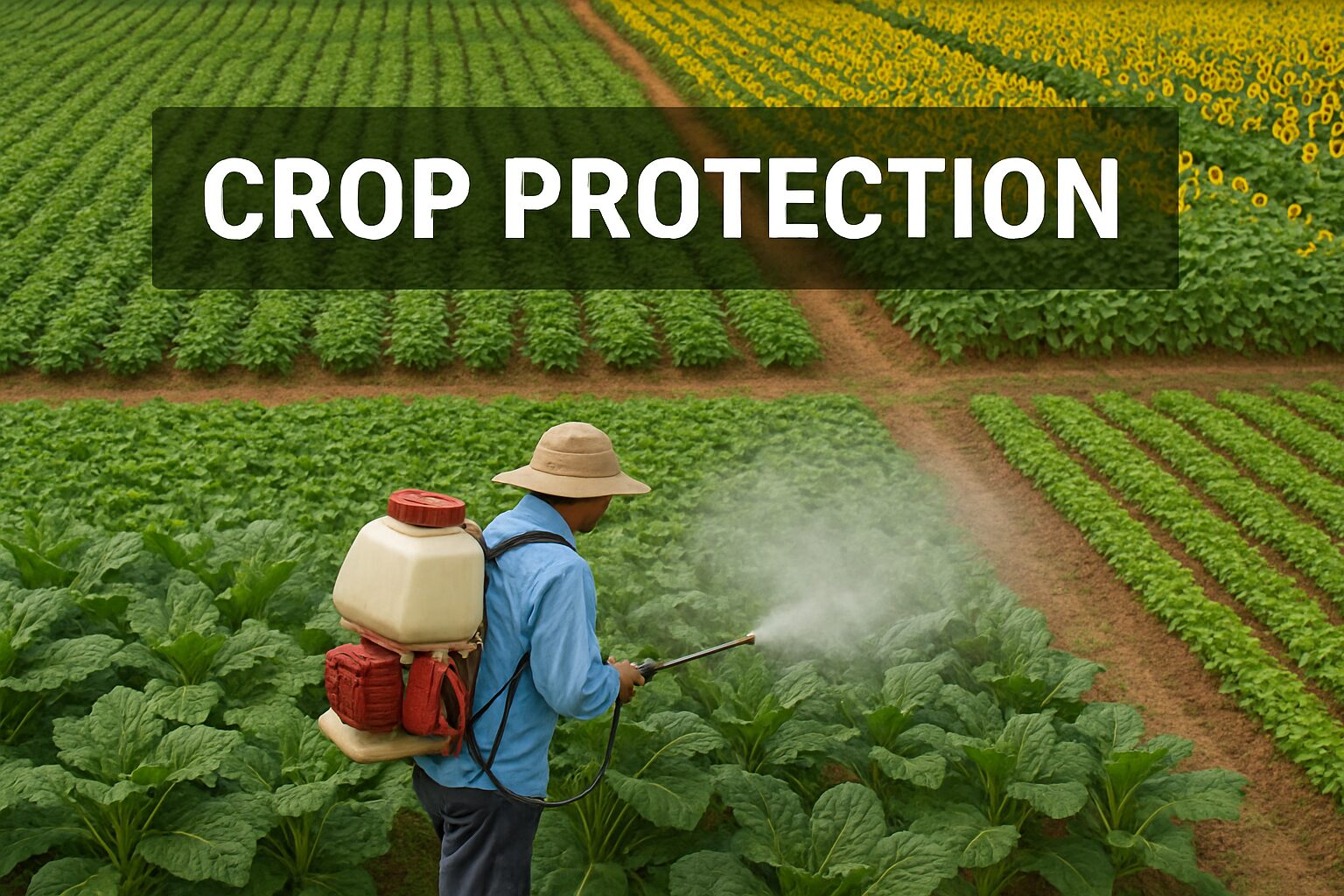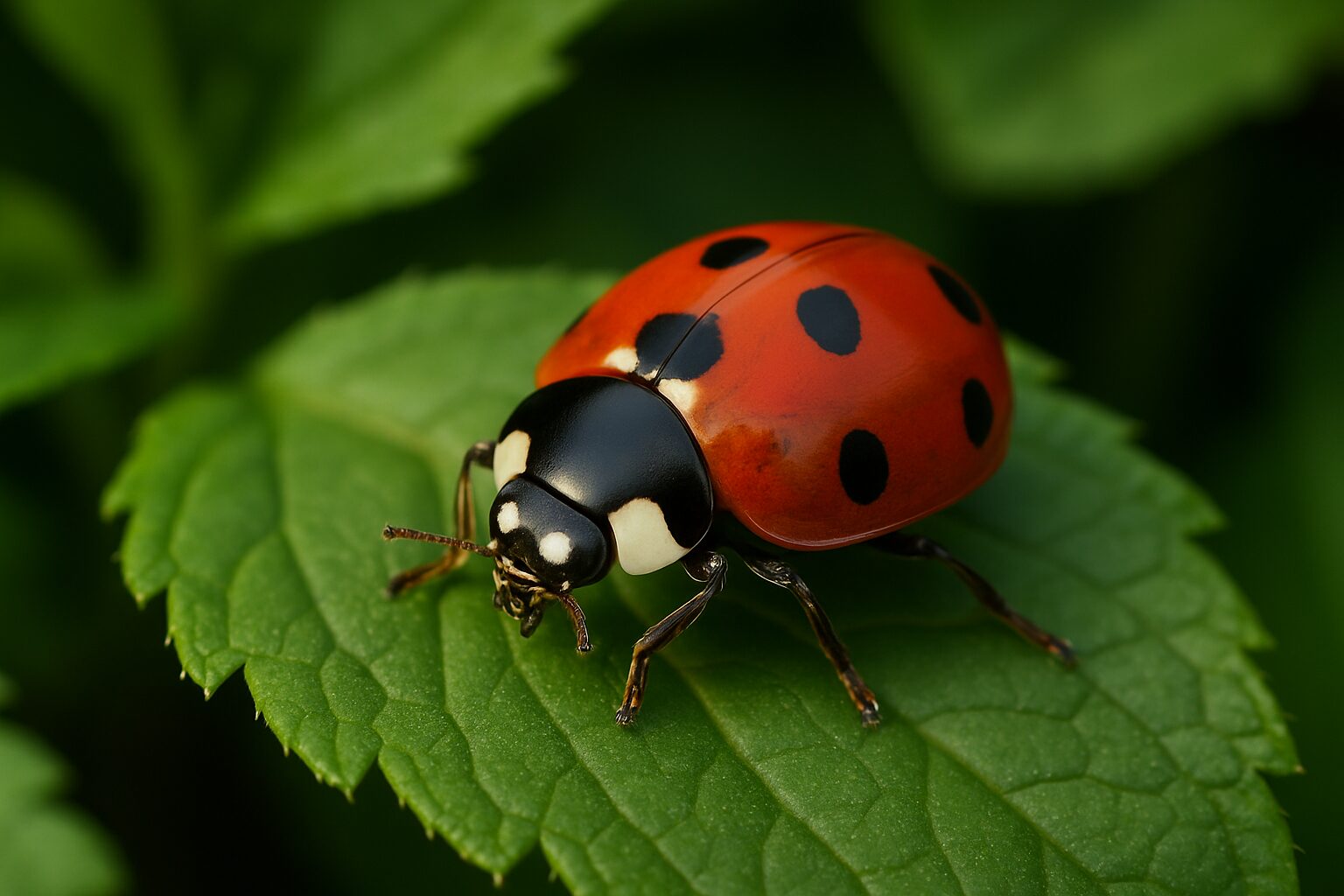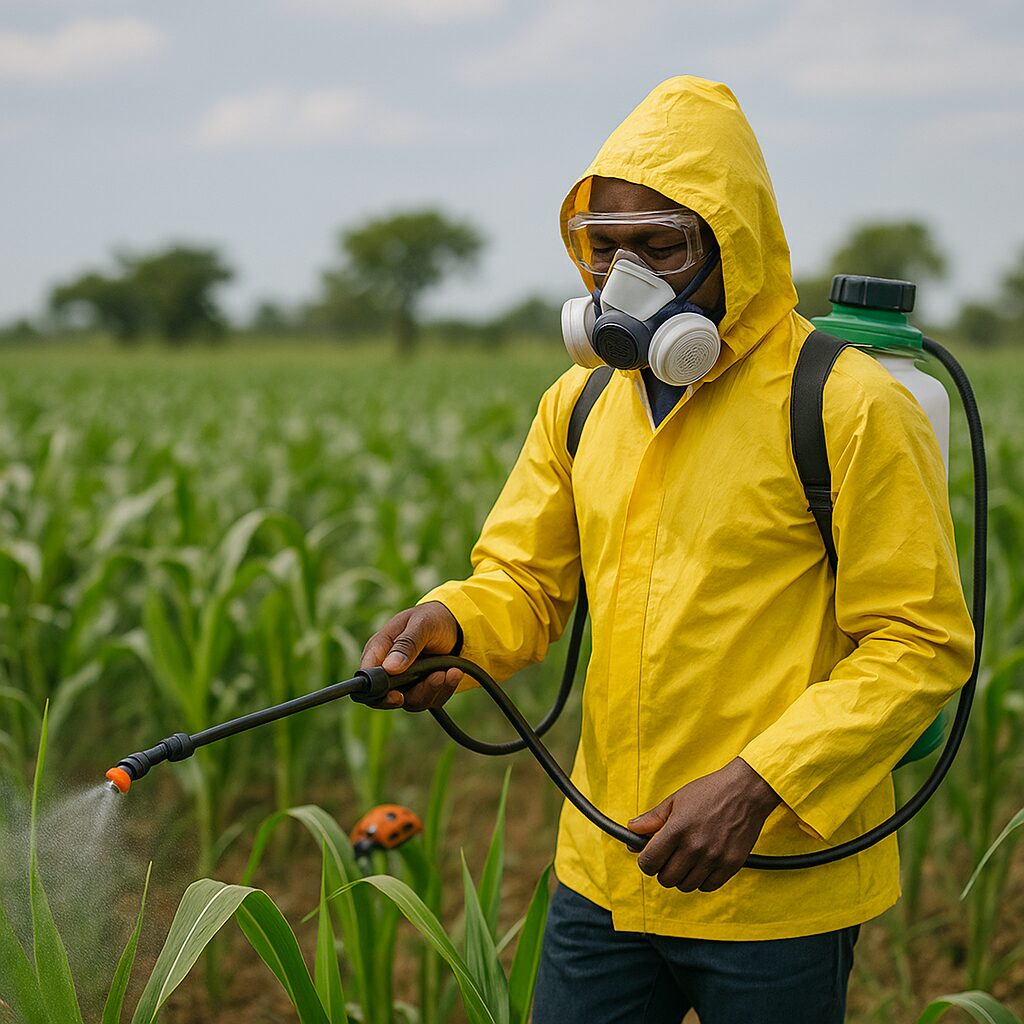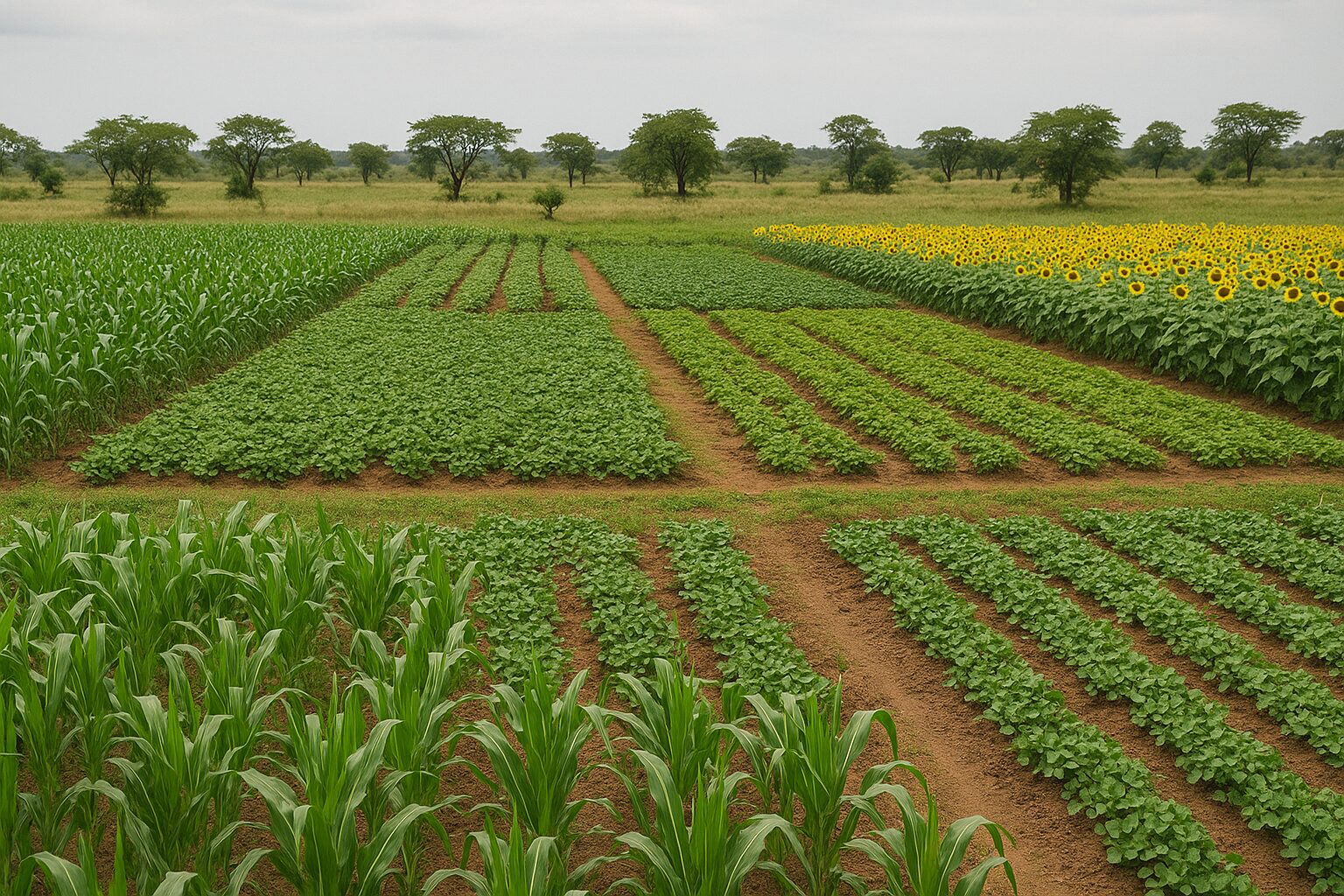
Crop Protection Strategies

Crop protection is essential for maintaining healthy yields and preventing the devastating effects of pests, diseases, and weeds. For farmers in Kenya and across Africa, combining modern methods with traditional knowledge can help build resilient farms. Here’s a guide to the best strategies for effective crop protection.
1. Monitor Your Crops Regularly

Frequent inspections help you identify early signs of disease or pest damage. Look for discoloration, holes in leaves, or mold buildup. The earlier you detect an issue, the easier it is to control.
2. Use Biological Control

Introduce natural predators like ladybugs, parasitic wasps, and beneficial nematodes. These eco-friendly agents reduce the need for chemical pesticides and help maintain soil health.
3. Apply Approved Pesticides Carefully

When chemical intervention is necessary, use certified pesticides. Always follow the manufacturer’s instructions, wear protective clothing, and avoid spraying during hot or windy hours.
4. Practice Crop Rotation

Changing the type of crops grown in a specific field every season breaks pest and disease cycles. For instance, follow maize with legumes to enrich soil and reduce pest build-up.
5. Keep the Farm Clean
Weeds, dead plants, and leftover harvests can host harmful pests and fungi. Clear the land between planting seasons, burn infected debris, and use clean tools to avoid contamination.
6. Consult Agricultural Experts
If unsure about which product or practice to use, talk to an expert. Totalease Ventures offers professional advice to help you choose the right crop protection strategy for your farm.
Need Help with Crop Protection?
Contact us via WhatsApp or email sales@totaleaseventures.co.ke for tailored solutions to keep your farm healthy and productive.